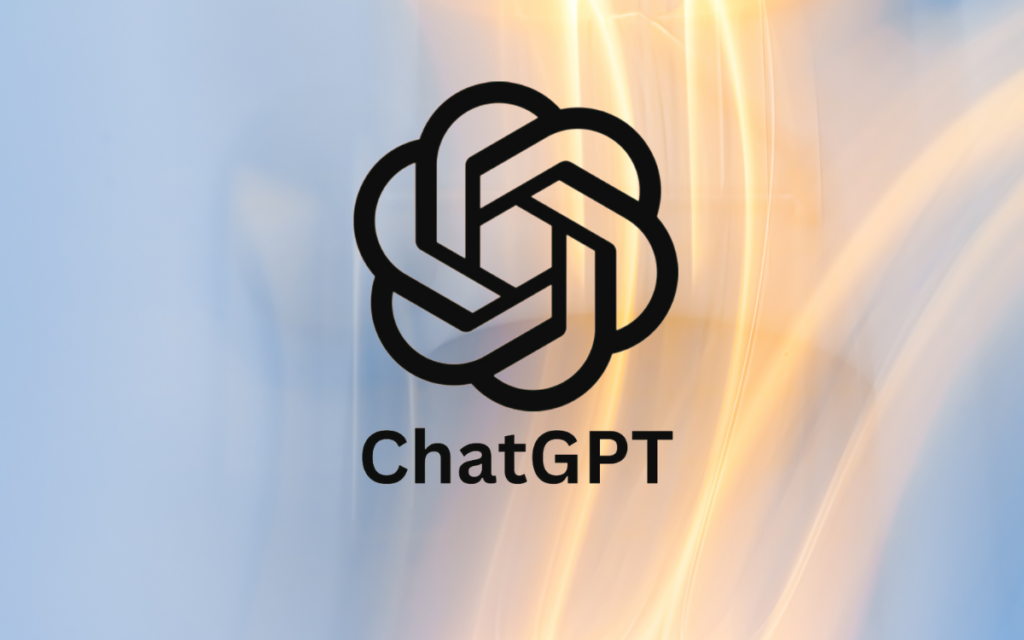Exploring the Limitations of ChatGPT: Understanding Its Boundaries in AI-Language Models
ChatGPT, a cutting-edge AI language model developed by OpenAI, has garnered attention for its remarkable ability to generate coherent and contextually relevant text. However, despite its impressive capabilities, ChatGPT, like any other technology, has its set of limitations. Understanding these boundaries is crucial to grasp the current state of AI language models and to manage expectations regarding their functionalities. Let’s explore some key limitations of ChatGPT:
Contextual Understanding
While ChatGPT excels in understanding and generating text based on patterns learned from vast datasets, its comprehension of context is not without limitations. The model may struggle with nuanced contextual cues, especially in complex or ambiguous scenarios. Ambiguities in conversation or implicit contextual references can sometimes lead to irrelevant or inaccurate responses.
Lack of Common-Sense Reasoning
ChatGPT lacks inherent common sense reasoning abilities. It may provide factually accurate information based on learned patterns but might falter in situations that demand logical reasoning or common-sense understanding. For instance, it may generate responses that, while grammatically correct, lack the intuitive understanding a human might possess.
Sensitivity to Biases in Data
AI models like ChatGPT learn from the data they are trained on, which can contain biases present in the input information. As a result, ChatGPT might inadvertently exhibit biases or stereotypes present in the training data. Efforts to mitigate biases are ongoing, but the model’s reliance on existing data means it can perpetuate societal biases if not properly addressed.
Inability to Grasp Emotional Context
Understanding emotional context in language—such as sarcasm, humor, or subtle emotional cues—is a complex challenge for ChatGPT. While it can generate text that mimics these tones to some extent, accurately discerning and responding to emotional nuances remains a significant hurdle.
Limitations in Long-Term Context Retention
ChatGPT processes text sequentially and doesn’t have persistent memory beyond a certain context window. This limitation hinders its ability to maintain long-term context in a conversation or to recall information mentioned several interactions earlier.
Ethical Considerations and User Safety
As with any AI technology, ethical considerations arise. ChatGPT, if not carefully monitored or guided, can be manipulated to generate inappropriate, misleading, or harmful content. Ensuring responsible use and implementing safeguards against misuse are essential considerations.
Mitigating Strategies and Future Directions
Efforts are underway to address these limitations and advance the capabilities of AI language models like ChatGPT:
Continual Model Iterations: Ongoing research aims to enhance contextual understanding, reduce biases, and improve reasoning capabilities by refining the model architecture and training methodologies.
Contextual Memory Enhancement: Research into models with improved memory and long-term context retention aims to overcome limitations in maintaining conversation history and context.
Ethical Guidelines and Safeguards: Implementing strict ethical guidelines, content moderation, and user controls can help mitigate risks associated with the misuse of AI-generated content.
Diverse and Inclusive Training Data: Efforts to diversify and ensure inclusivity in training data aim to reduce biases and enhance the model’s understanding of a broader spectrum of contexts and cultures.
Conclusion
While ChatGPT showcases remarkable advancements in natural language understanding and generation, it is essential to recognize its limitations. Understanding these boundaries provides insights into the current capabilities and future directions of AI language models. Addressing these limitations through ongoing research, ethical considerations, and technological advancements will pave the way for more robust, responsible, and capable AI models in the future.
Editing More than 200,000 Words a Day
Send us Your Manuscript to Further Your Publication.








Is ChatGPT Trustworthy? | Rovedar | Scoop.it says:
ChatGPT vs. Human Editor | Rovedar | Scoop.it says:
Enhancing Your Assignments with ChatGPT | Roved... says: